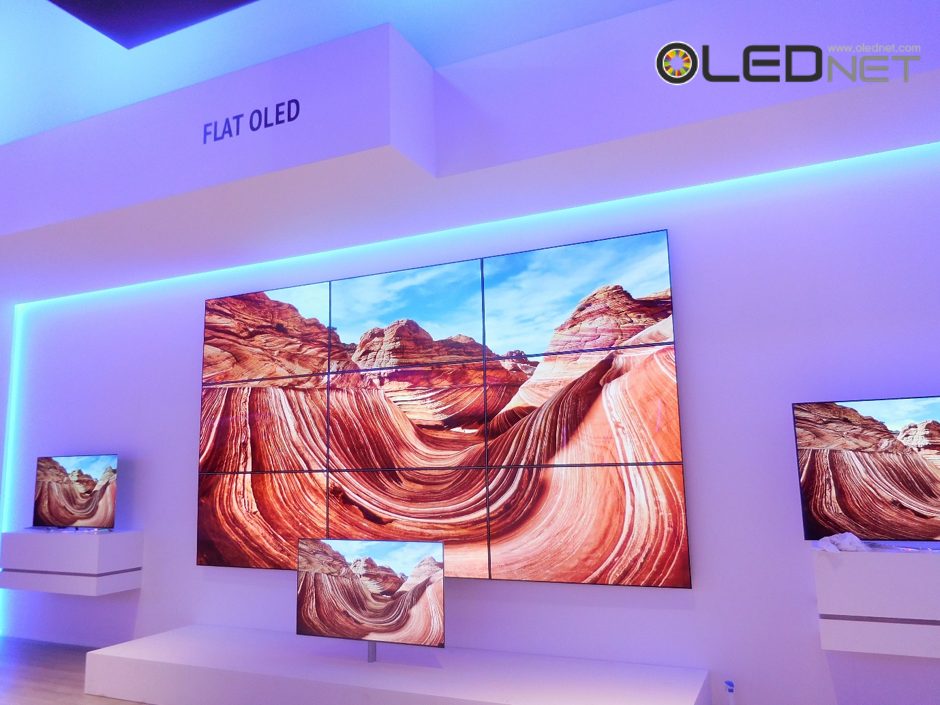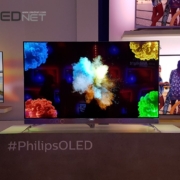[IFA2016]The Leading Power of TV in Europe and the Middle East, Interested in OLED TV
OLED TV is rising to be sensational in IFA2016, the largest consumer electronics show in Europe. In the development of the initial OLED TV market, LG Electronics is in the lead followed by Chinese companies. LG Electronics and Samsung Electronics, the two major companies in TV market, simultaneously launched OLED TV in 2013 and led OLED TV market until IFA2014. However, Samsung lost confidence to produce quality OLED TV and completely withdrew from CES in 2015. Since then, it has been focusing only on penetrating LCD TV market grafted on to QD technology.
Recently, Samsung Electronics stated that its OLED TV technology is still unsatisfactory due to the burning problem and thus, it is going to launch QLED TV, which uses QD technology, as the next product after LCD TV as soon as possible. Hence, there were many concerns over contraction of OLED TV market.
However, the on-going exhibition in IFA2016 is dispelling such negative concerns over Samsung OLED TV by the title, to be specific, “LCD TV, not anymore!”
Philips, the leader of consumer electronics in Europe, penetrated IFA2016 exhibition center with its newly developed OLED TV.

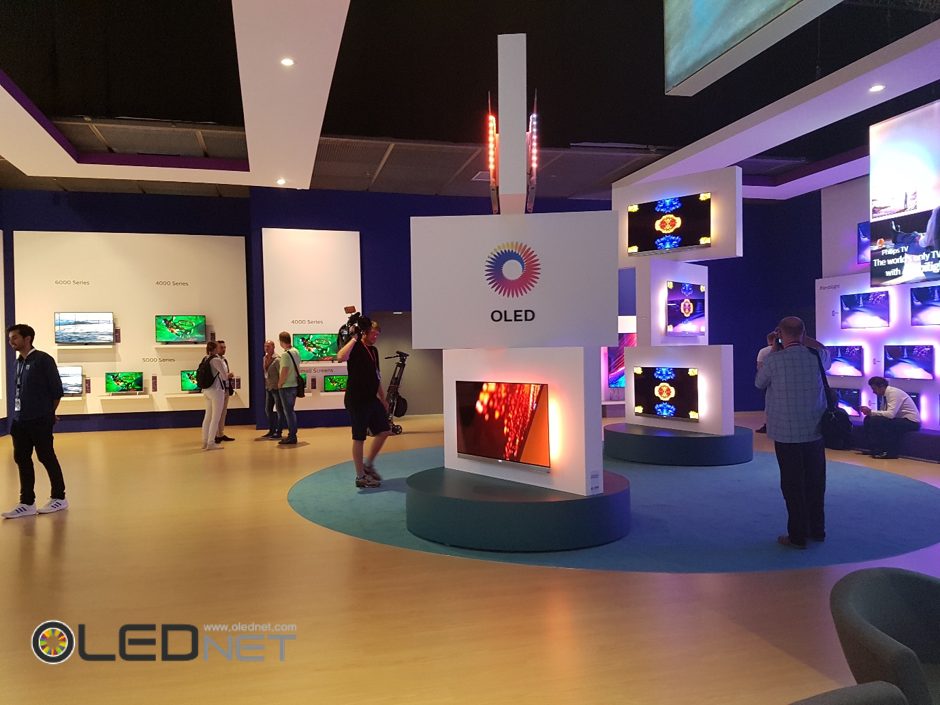
Philips planned the exhibition concept very delicately to highlight its OLED TV. First of all, it arranged lots of LCD TVs in three different sides to show that its main product is still LCD TV. It also placed OLED TV vertically in the middle of a space large enough to exhibit dozens of TV and made it to rotate to be displayed and seen well by visitors from any angle. Put differently, it designed the room for people to observe OLED TV in three dimensions. Through space arrangement rather than display of words, Philips declared its intention to change portfolio to OLED TV.
Moreover, the exhibition is designed so that visitors can easily compare superior OLED TV with LCD TV.
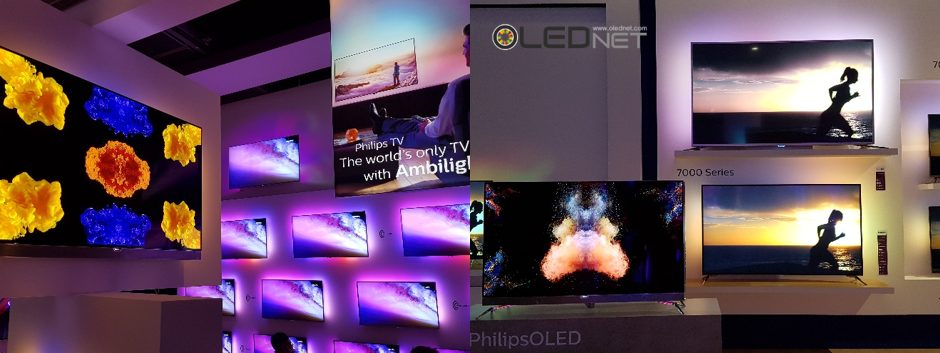
At the back of OLED TV, which displays vivid colors and clear contrast range, there is LCD TV where colors run as a result of ghost effect which blur and demolish the boundary of objects in the image. Such problem does not surface when one only sees LCD TV screen. However, it becomes clear when watched together with OLED TV.
Philips exhibited OLED TV in the middle of LCD TV to maximize the superiority of OLED TV.
Vestel, the leading power of TV in the Middle East, has also used the same strategy. It displayed LCD TV on the wall and arranged 12 OLED TVs in the middle, facing one another. By doing so, visitors can watch LCD TV through the back of OLED TV, too.
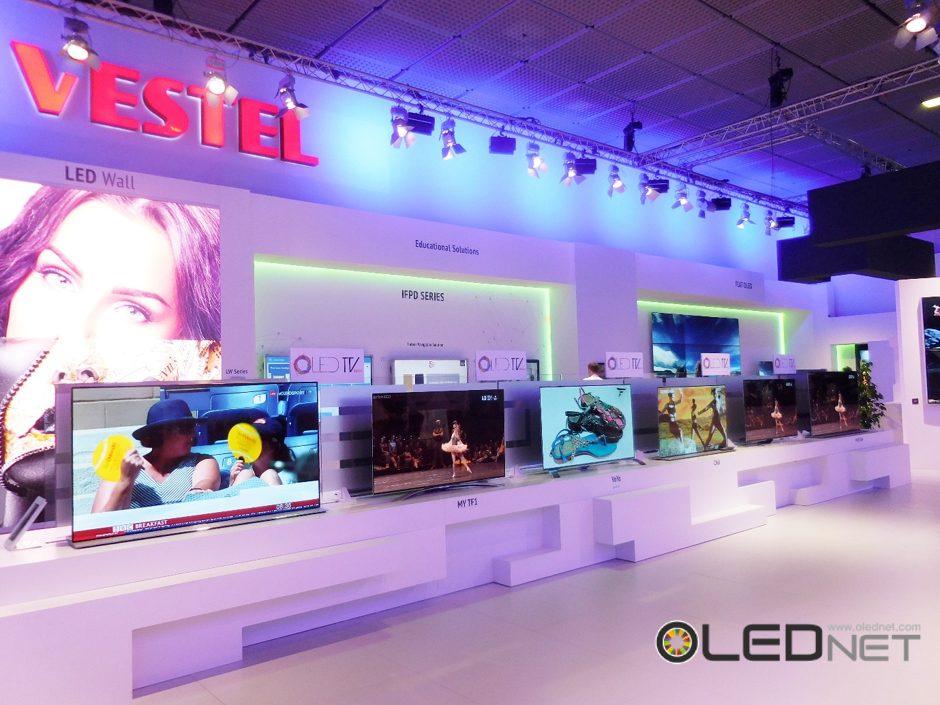
Futuremore, Vestel displayed the largest OLED TV in the world, made of 9 OLED TVs, at the end of exhibition, and showed that “this is OLED TV!
Although Samsung Electronics will continuously bring up negative concerns over OLED TV, more and more worldwide TV companies are still entering OLED TV market. Now the time is getting nearer for LCD TV to disappear and OLED TV to dominate the premium TV market.
